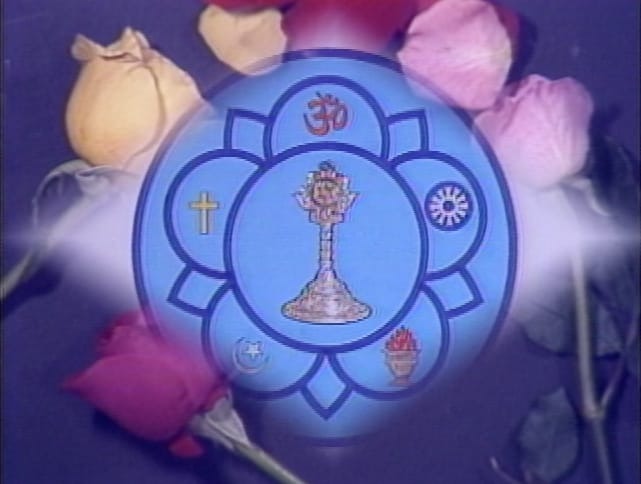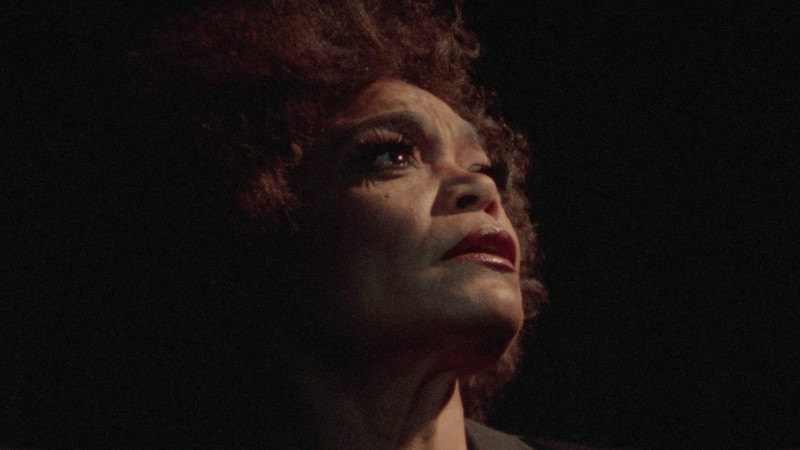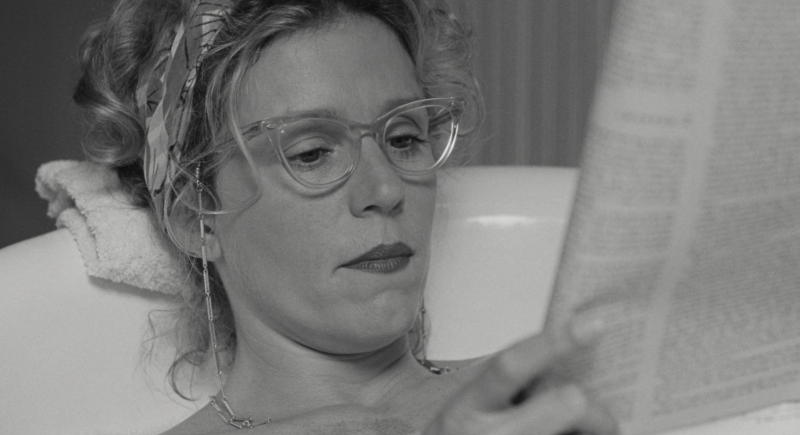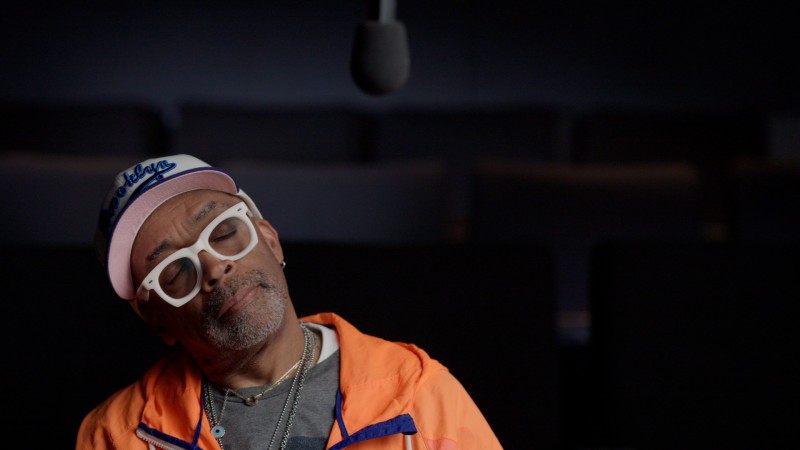Alice Coltrane’s Transcendent Journey into Late-Night Television
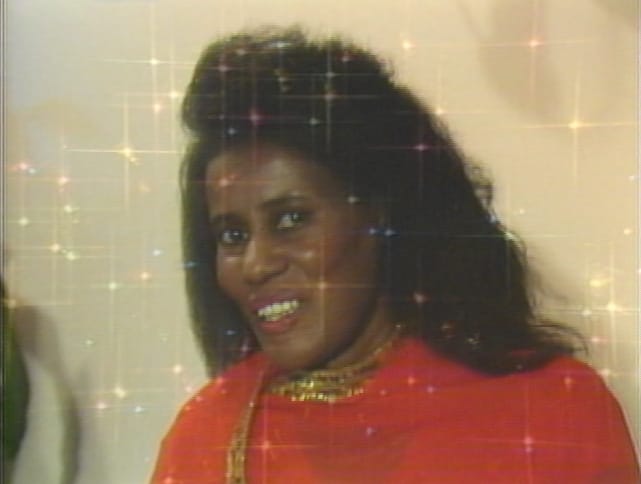
Almost two decades after her death, Alice Coltrane has become the subject of widespread critical acclaim that has transformed her from an elusive and enigmatic figure into a frequently referenced icon within the jazz world and beyond. Perhaps due to the reckonings with racism and misogyny spurred in the past decade by the Black Lives Matter and #MeToo movements, as well as the resurgence of vinyl releases and the increasing demand for reissued albums, the protean musician is finally receiving the recognition she deserved throughout her groundbreaking career, which has long been overshadowed by that of her husband, jazz titan John Coltrane. Her music can turn listeners into disciples, encouraging them to embark on a quest for their higher purpose.
As part of a year-long celebration of Alice Coltrane’s legacy that has featured live concerts, community talks, album reissues, and an interdisciplinary exhibition at Los Angeles’s Hammer Museum, the Criterion Channel is presenting one of the artist’s most illuminating projects. Eternity’s Pillar, a late-night television program that Coltrane created for KTTV Channel 11 (now the West Coast flagship station of the Fox Network) in the mid-1980s, was the culmination of a decade of intense spiritual practice that began when she was in the process of grieving her husband, who died in 1967. A colleague who knew Coltrane was going through a period of what she called “extensive mental and physical austerities” introduced her to the Vedic tradition, which falls under the umbrella of Hinduism. This spiritual initiation eventually led her to move to California, where she established a religious center and became the director of an ashram. After years of solidifying her faith, Coltrane was divinely anointed, in what she described as a “total mystical experience,” with the name Swamini Turiyasangitananda (or simply “Turiya”), which she translated as “the Transcendental Lord’s Highest Song of Bliss.”
By immersing herself in the Vedic tradition, Coltrane traversed far from her Christian upbringing in Detroit during the thirties and forties. Born Alice Lucille McLeod, she was the youngest of six children, and her mother, Anna, was a member of the choir at Mount Olive Baptist Church. Alice was surrounded by music from an early age and counted among her siblings the multi-instrumentalist Ernie Farrow, who played alongside artists such as Red Garland and Yusef Lateef, and Marilyn McLeod, a songwriter who cowrote such Motown hits as Diana Ross’s “Love Hangover.” Alice began studying classical music when she was seven and played the organ at church well into her teenage years. Even as her sound and musical approach grew more progressive throughout her career, gospel would remain an indelible fixture in her life, as it was in her husband’s.
